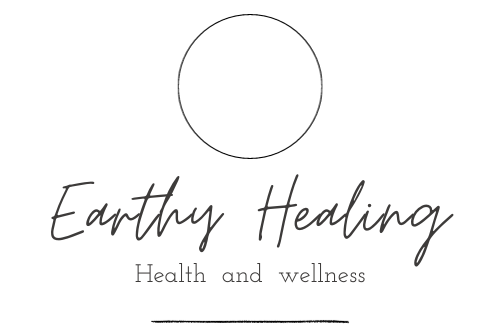Introduction:
Iron is a crucial mineral that plays a fundamental role in the body, especially in the formation of haemoglobin, a protein in red blood cells responsible for transporting oxygen throughout the body. An adequate iron intake is essential for maintaining energy levels, supporting immune function, and overall health. This article delves into the significance of iron, its health benefits, dietary sources, signs of deficiency, and guidelines for proper intake.
What is Iron?
Iron is a mineral vital for numerous bodily functions. It’s key in making haemoglobin, which carries oxygen in the blood from the lungs to the rest of the body. Iron also forms a part of myoglobin, a protein that provides oxygen to muscles, and enzymes that assist in various biochemical reactions.
Benefits of Iron
- Oxygen Transportation: Essential for haemoglobin production, iron helps in oxygen transport and energy production.
- Immune Function: Supports the immune system in defending against infections and diseases.
- Cognitive Health: Vital for cognitive function, iron is crucial in brain development and maintaining concentration and memory.
- Muscle Function: Necessary for muscle health, helping to maintain strength and endurance.
Sources of Iron
Iron comes in two forms: heme (found in animal products) and non-heme (found in plants). Both types are important for a balanced diet. Sources include:
- Red meats (beef, lamb)
- Poultry (chicken, turkey)
- Fish (tuna, salmon)
- Legumes (lentils, chickpeas)
- Nuts and seeds (pumpkin, sesame)
- Whole grains (quinoa, brown rice)
- Leafy green vegetables (spinach, kale)
Iron Deficiency
Iron deficiency is one of the most common nutritional deficiencies, leading to anaemia, where the body has fewer red blood cells than normal. Symptoms include:
- Fatigue and weakness
- Pale skin
- Shortness of breath
- Dizziness
- Brittle nails
- Unusual cravings for non-nutritive substances (pica)
Groups at higher risk of iron deficiency include menstruating women, pregnant women, infants, and those with certain medical conditions or dietary limitations.
Recommended Intake and Supplementation
The Recommended Dietary Allowance (RDA) for iron varies based on age, sex, and life stage. Adult men need about 8 mg per day, while women aged 19-50 need 18 mg due to menstrual losses. Pregnant women require about 27 mg daily. Supplementation should be considered when dietary intake is insufficient, especially in those with higher needs or absorption issues. However, excessive iron intake can be harmful, leading to organ damage and other complications, so it’s important to consult with a healthcare professional before starting supplements.
Conclusion:
Iron is an indispensable mineral critical for various bodily functions, from oxygen transport to immune defense. Understanding the importance of iron, recognizing the signs of deficiency, and knowing how to obtain adequate amounts through diet and supplements are pivotal steps in maintaining optimal health and well-being.
